
Do trans people experience more unemployment in the coastal provinces than in the country’s central region? Is lack of family support one of the main problems faced by the diverse population?
A Costa Rican organization launched a virtual survey (in Spanish) to understand the experiences and vulnerable situations of the country’s Lesbian, Gay, Bisexual, Trans, Intersex and more (LGBTI+) population. The Somos Más (We’re More) Project is a movement focused on promoting the fulfillment of human rights in rural areas of Costa Rica.
Do you want to understand more about the acronym LGBTI+ and other concepts associated with sexual diversity? Click here.
“We’ve tried to make public policy on issues of sexual diversity, but we have no data,” explained the movement’s founder and co-director, Esteban Alfaro. “This first survey is like a starting flag for any training and research process that we want to carry out at the national level,” he added.
The survey will be available at this link until June 17. In the remaining time, the organization is trying to increase participation from people who live in Guanacaste, Limón and Puntarenas. Only 44, 20 and 16 people from these areas, respectively, had registered taking the survey as of Monday, June 7.
Alfaro recognizes that a virtual survey limits participation and means lack of representativeness in terms of reaching people, but due to the pandemic, they opted for this method.
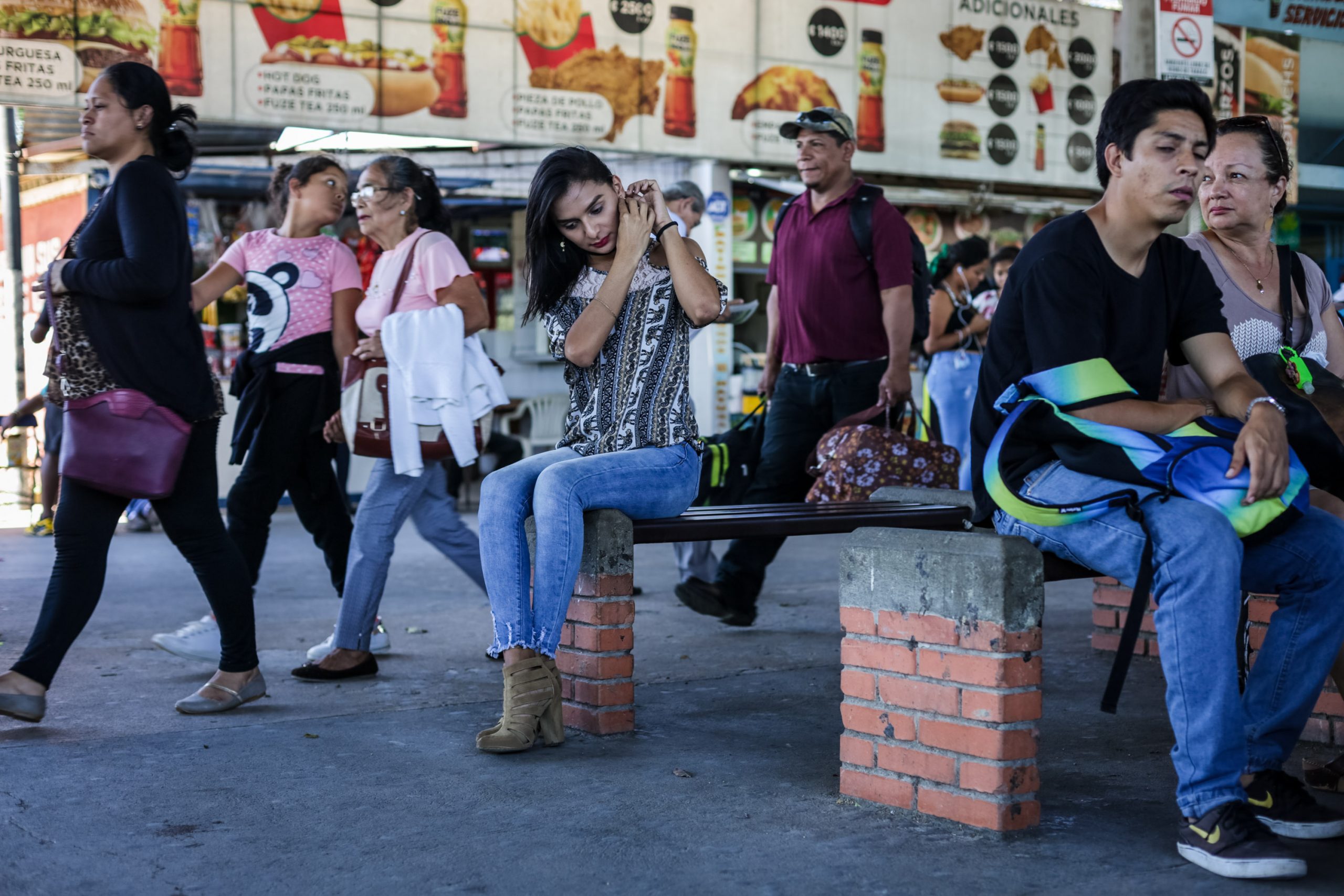
One morning in 2019, at the municipal bus stop in Liberia, Kenya Ariadna Castillo Vargas, a trans woman in Liberia, says “I go into these places and I always think, why do people stare at me? Is it for being ugly, for being strange, for being good looking? Of course, it doesn’t take me long and then I say, they’ve seen me now. Let’s move on.” Photo: Cesar Arroyo Castro
Coastal Participation
In light of the lack of responses from Guanacaste, Limon, and Puntarenas, the organization implemented two strategies. On the one hand, they allied with movements from these provinces who are helping to get the word out about the survey on social networks. They also paid for advertising on Facebook and Instagram to reach people in coastal areas.
“We don’t want everything to be concentrated in San Jose,” where 445 participants have registered, Alfaro pointed out.
In Guanacaste, the organization supporting them is Amor a la Diversidad de Tila, a group of family members and people from the LGBTI+ population.
Three Guanacastecan women tell their story of transition and how the name change has changed their lives.
One of its members, activist Ana Maria Murillo, believes that even though the survey is “rude” because to complete it, participants have to revisit situations they’ve gone through, “we have to recognize those realities and enumerate them because otherwise they will keep saying that our stories are lies.”
“It’s important that we are given visibility and have the stories documented, trans [people] who have dropped out of schools because they can no longer put up with the bullying, the people who have been fired due to their [sexual] orientation, those who can’t practice a certain career because they’re going to be discriminated against right away,” she added.
Moving Towards Action
The Somos Más project plans to analyze the survey results in three blocks: 1. perception of the country’s progress in human rights matters, 2. mental health and 3. the experiences and vulnerabilities that the LGBTI+ population has experienced.
There are many stories that we’ve already received in the survey that give visibility to the reality that sexually diverse people experience,” said the movement’s co-director.
“We want to know how many people file reports, how many people the public system attends to, how many people study, and also the experiences at the level of society, which also seems extremely important to know and make visible,” he added.
According to the schedule, the organization will announce the results of the survey in September and will immediately start with community dialogues: opportunities for conversation at the cantonal or intercantonal level to go into more detail about and reflect on the experiences.
“This will help us to have a quantitative instrument (the survey) and a qualitative instrument (the dialogues) to have quality statistical and social results at the level of sexual diversity,” Alfaro said..
The organization plans to carry out a second survey next year both virtually and in person, if the health situation allows it. “That way, we’ll take into account more rural areas and adult populations that have difficulty accessing technology,” the group’s co-director thinks.


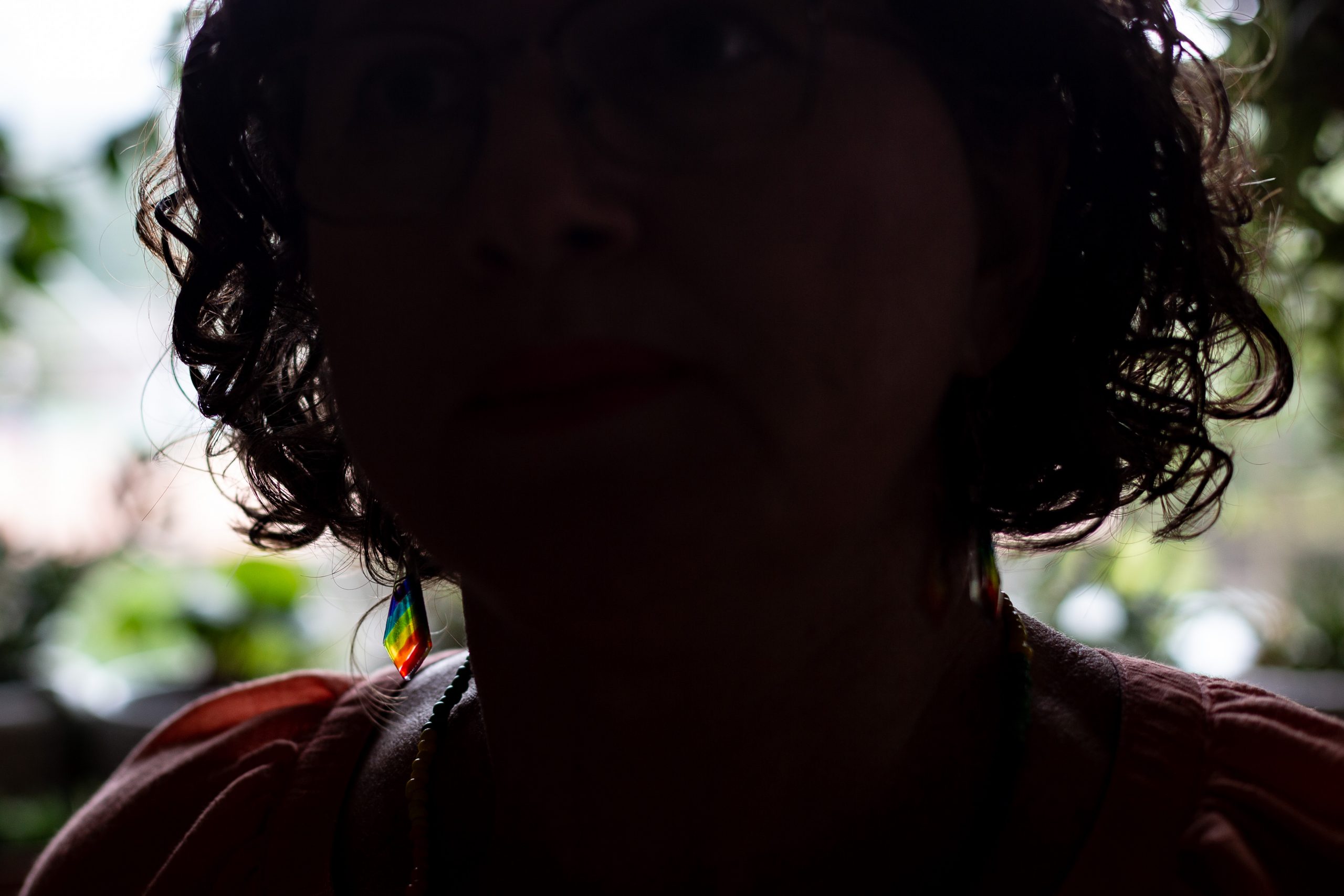
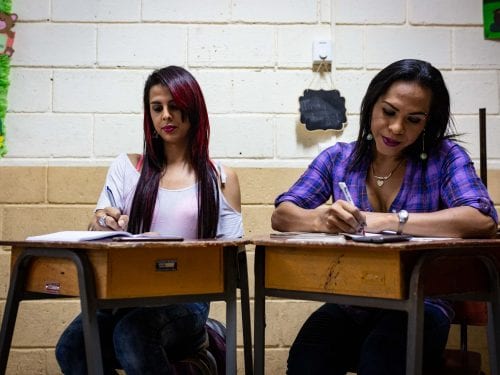
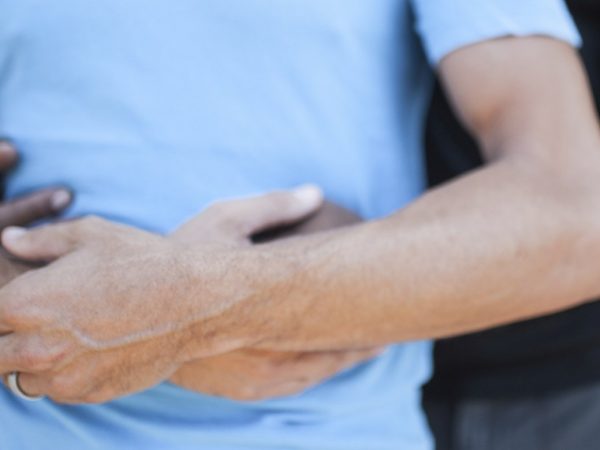
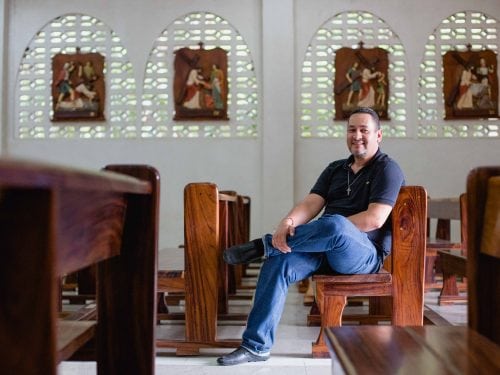

Comments